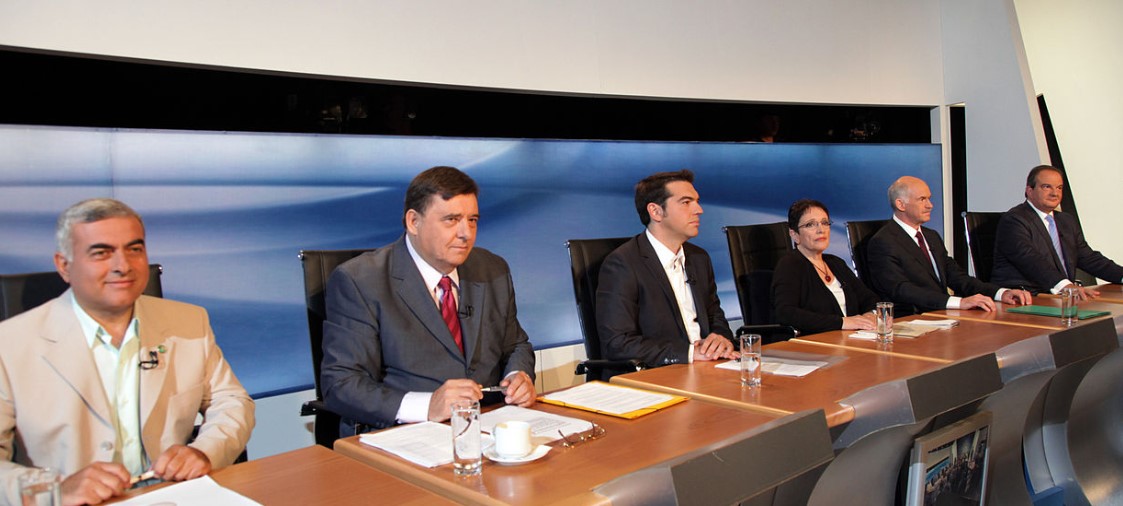The gap between New Democracy and Syriza is the widest ever recorded between the first two contenders in the nine European elections held in the country since 1981.
Greek Prime Minister Alexis Tsipras unexpectedly called snap national elections on Sunday night after his party’s heavy defeat. His coalition partners The River, a centre-left reformist party, as well as the Centre Union, and the Independent Greeks party, won no seats.
“I will request immediate declaration of national elections from the President of the Republic,” Tsipras announced. The New Democracy leadership has demanded that Tsipras resign, saying he had lost the popular mandate.
Tsipras has not only steered the deeply unpopular agreement to resolve a name dispute with North Macedonia, but also a suffering economy.
Greece has had the longest recession of any advanced capitalist economy to date, overtaking the US Great Depression. As a result, the pro-EU Greek political class has been upended because of the social exclusion hundreds of thousands of well-educated Greeks.
Since the debt crisis began in 2010, various European authorities and private investors have loaned Greece nearly 320 billion euros in the biggest financial rescue of a bankrupt country in history. It has scheduled debt payments beyond 2060.
With 74,75 percent of the votes counted on Monday, the conservative New Democracy had garnered 33,25 percent (which corresponds to 7 seats in the European Parliament), leftist Syriza had 23,74 percent (6 seats), centre-left Movement for Change (KINAL) had 7,51 percent (2 seats), the Communist Party KKE had 5,53 percent (2 seats), Golden Dawn had 4,87 percent (2 seats), pro-Russian right-wing party Greek Solution with 4, 12 percent (1 seat) and the Diem25 party of former finance minister Yanis Varoufakis had 3,05 percent of the vote (1 seat).
In what may be a sign of things to come, Ekathimerini reported that many young voters had shifted to the right even though the government this month introduced tax cuts and pension payouts before the vote.
Young voters mostly gave their votes to New Democracy leader Kyriakos Mitsotakis, while some supported Golden Dawn. Those aged between 17 to 24 years old showed their preference for opposition New Democracy in Sunday’s ballot, according to an exit poll.
Ruling leftist Syriza came in second place among this group of voters at 25,6 percent, though the upset lay in the youth vote for Golden Dawn, with the party seen gleaning 13,3 percent of the vote.
The general trend throughout Europe was that establishment parties received a drubbing, while nationalist parties saw a surge. Leftwing voters have shifted even further left.
















